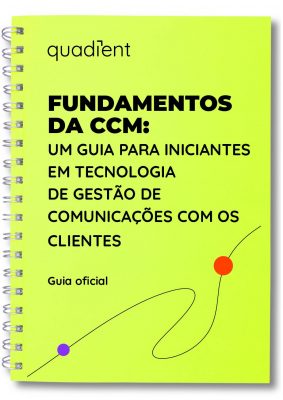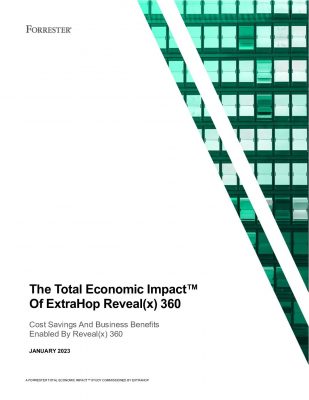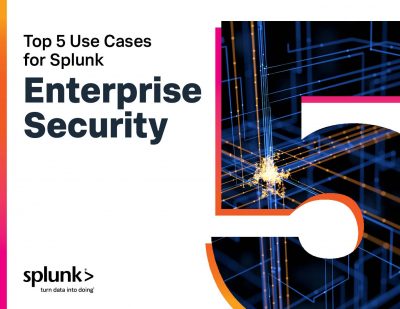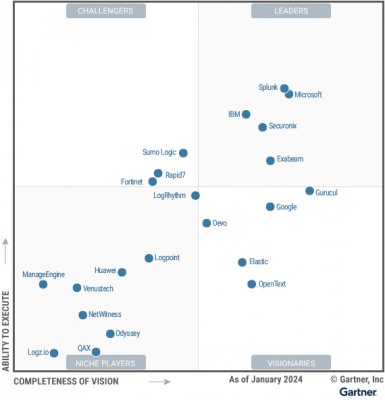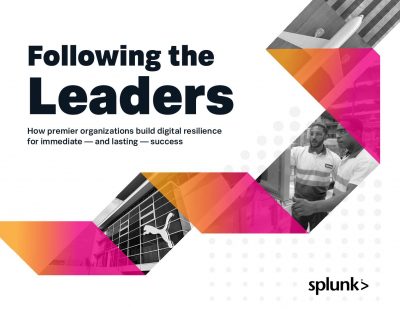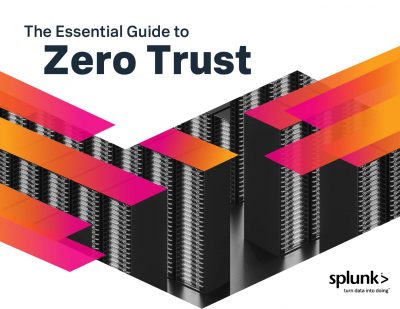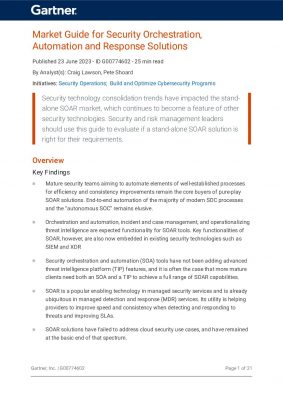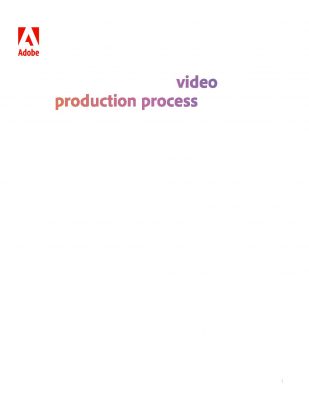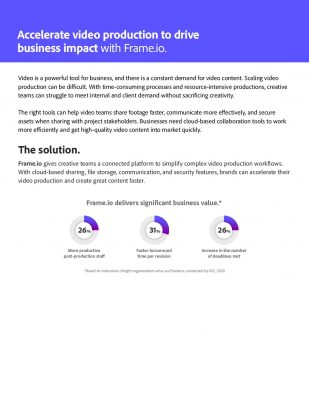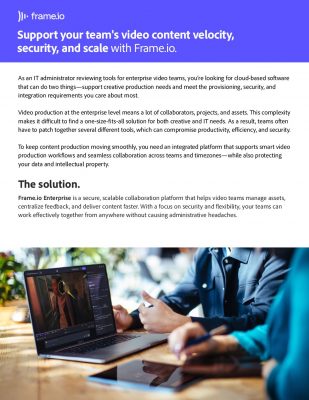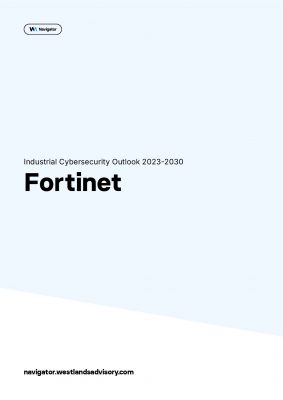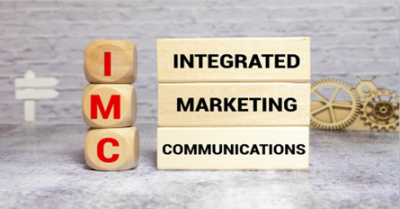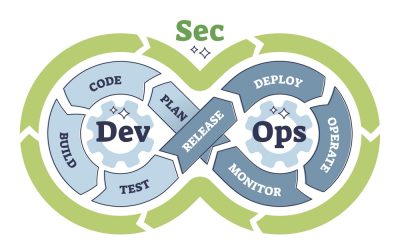Highlights:
- HubSpot develops software that helps businesses automate their marketing operations and engage with potential customers.
- The potential for regulatory hurdles likely played a role in Alphabet’s decision to walk away from HubSpot.
The parent company of Google LLC, Alphabet Inc., has called off the HubSpot acquisition. Hubspot is a major publicly listed marketing software firm.
Reliable sources, citing “people familiar with the matter,” have reported that negotiations over the deal, which had been ongoing since at least April, have now been called off. After the report, HubSpot’s stock recently dropped by over 11%.
Sources indicated that “the sides didn’t reach a point of detailed discussions about due diligence,” but they did not provide any reasons for the breakdown in the talks.
HubSpot develops software that allows companies to automate their marketing operations and reach out to potential customers. Its flagship product, the cloud-based Marketing Hub, enables marketers to create advertising campaigns, distribute promotional content such as emails and newsletters, and perform various other marketing tasks.
In recent months, HubSpot has incorporated several artificial intelligence tools into its platform to assist marketers in automating tasks such as creating new websites and generating social media content.
For sales teams, HubSpot provides a customer relationship management platform that competes with those offered by Salesforce Inc. and Freshworks Inc. Additionally, HubSpot’s Service Hub assists customer service departments in managing their daily operations.
Initially, analysts speculated that Alphabet was considering acquiring HubSpot to bolster Google’s revenue from its cloud infrastructure, business software, and other areas of its operations. Google Cloud had faced challenges in achieving profitability, finally turning a profit last year after years of substantial investments totaling billions of dollars.
Acquiring HubSpot would provide Google with a competitive edge against CRM giants like Salesforce, Microsoft Corp., and Oracle Corp.
The breakdown in discussions came unexpectedly, as it was believed that negotiations had advanced to the stage where both parties were discussing the specific terms of the acquisition. If the deal had proceeded, it would likely have been Alphabet’s, and consequently Google’s, largest-ever acquisition, surpassing the USD 12.5 billion spent on acquiring Motorola Mobility in 2011.
One consideration that may have influenced Alphabet’s decision to cease pursuing HubSpot is the anticipated regulatory scrutiny that would accompany any such deal. In recent years, U.S. and European regulators have increasingly scrutinized large technology company acquisitions amid concerns about potential monopolistic practices in their respective industries.
Amazon.com Inc. reportedly canceled its intention to acquire the robot vacuum cleaner maker iRobot Corp. for USD 1.7 billion due to regulatory pressure. On the other hand, Microsoft eventually succeeded in completing its USD 68.7 billion acquisition of the video game publisher Activision Blizzard. Still, it required over 20 months to persuade regulators to approve the transaction.
Other significant deals that were canceled due to regulatory scrutiny in recent years include Nvidia Corp.’s proposed USD 66 billion acquisition of the British chip designer Arm Ltd. and Adobe Inc.’s planned USD 20 billion purchase of the design software firm Figma Inc.
It’s possible that Google didn’t want to deal with more complications. The company is already facing multiple regulatory challenges globally. For example, the U.S. Justice Department and several state attorneys general have alleged that Google violated antitrust laws by securing exclusive deals with smartphone makers and browser companies to make its search engine the default option on their products.
Yamini Rangan, a Former Executive of Workday Inc. and Dropbox Inc., has been leading HubSpot since 2021. During that time, the company has grown impressively, far faster than Alphabet. The marketing software company’s revenue has increased by more than 20% over the last six quarters; before that, it consistently exhibited annual growth of at least 30%. It revealed during its most recent earnings call in March that its sales had increased to USD 617.4 million, a 23% increase from the previous year.
However, HubSpot has faced challenges along the way. For instance, the company notably laid off approximately 500 employees, accounting for about 7% of its workforce, in January 2023. During that period, Rangan acknowledged that the company had “over-hired” during the COVID-19 pandemic. Additionally, in HubSpot’s most recent earnings call, Rangan cautioned investors about a tougher business environment where customers are increasingly demanding “more proof of concepts” before making purchasing decisions.
However, HubSpot’s growth has outpaced Alphabet’s, which has not achieved revenue growth of 20% or more since early 2022. In its most recent earnings call, Alphabet reported a revenue growth of only 15%.
HubSpot, founded in 2006 and publicly listed since 2014, held a market capitalization of over USD 32 billion when news of the acquisition talks surfaced in April. Had a deal been reached, it likely would have exceeded that valuation. However, following recent developments, HubSpot’s market cap has decreased to slightly over USD 25 billion.
